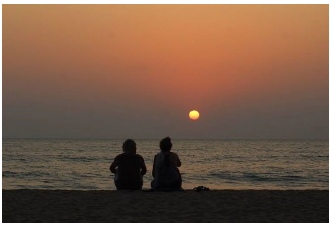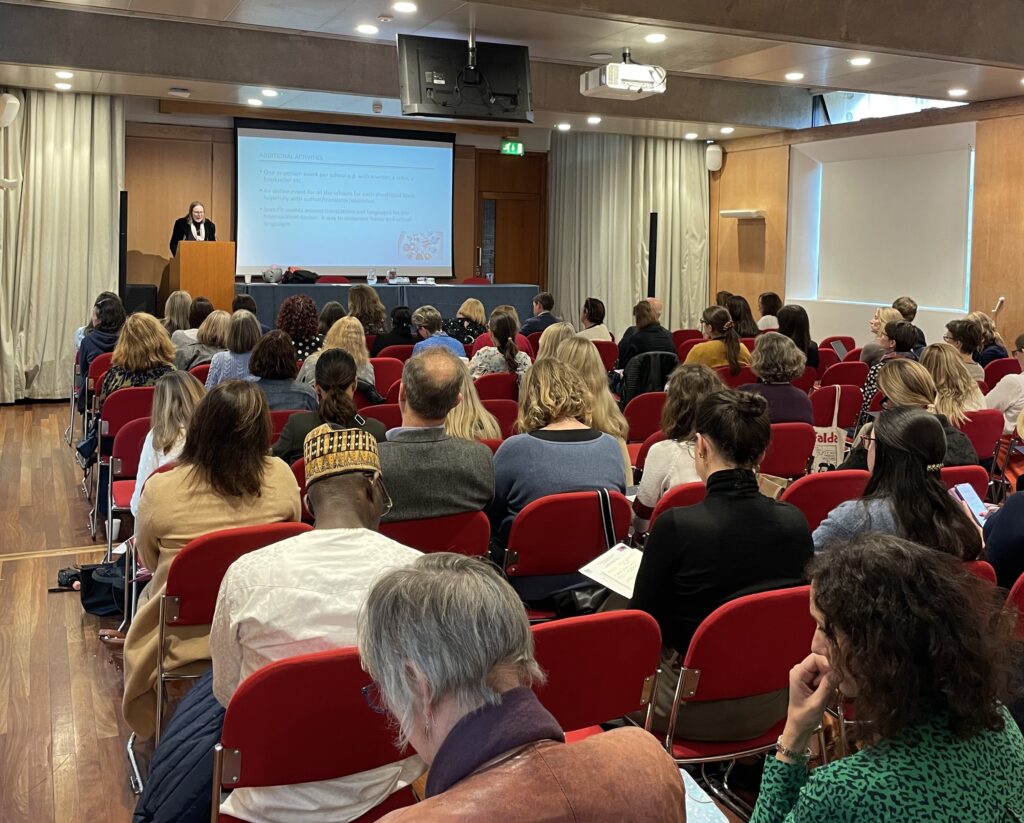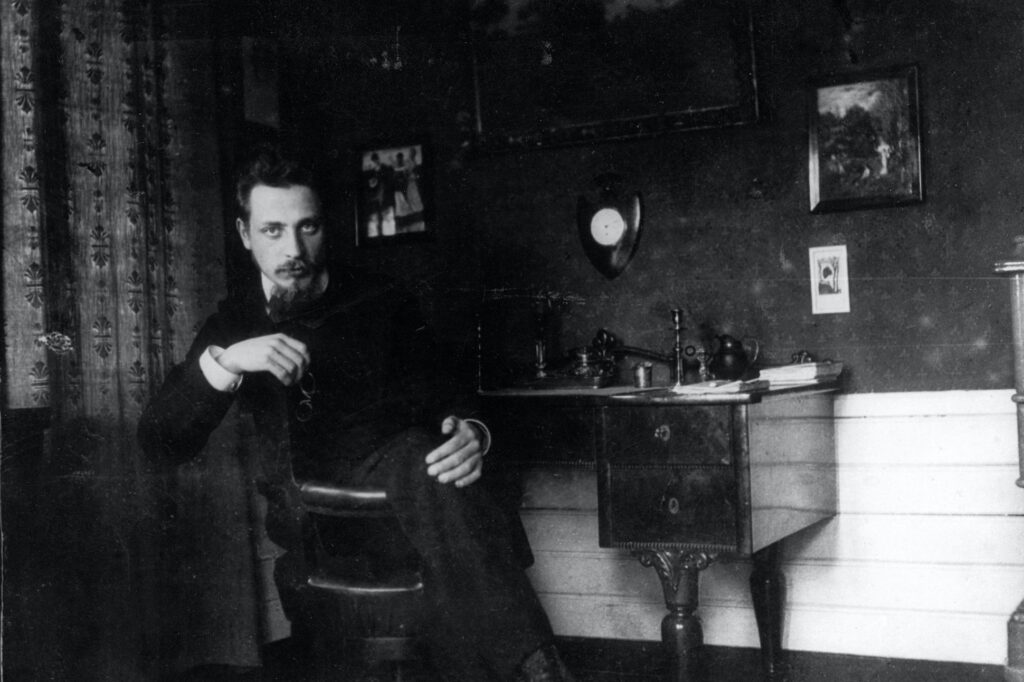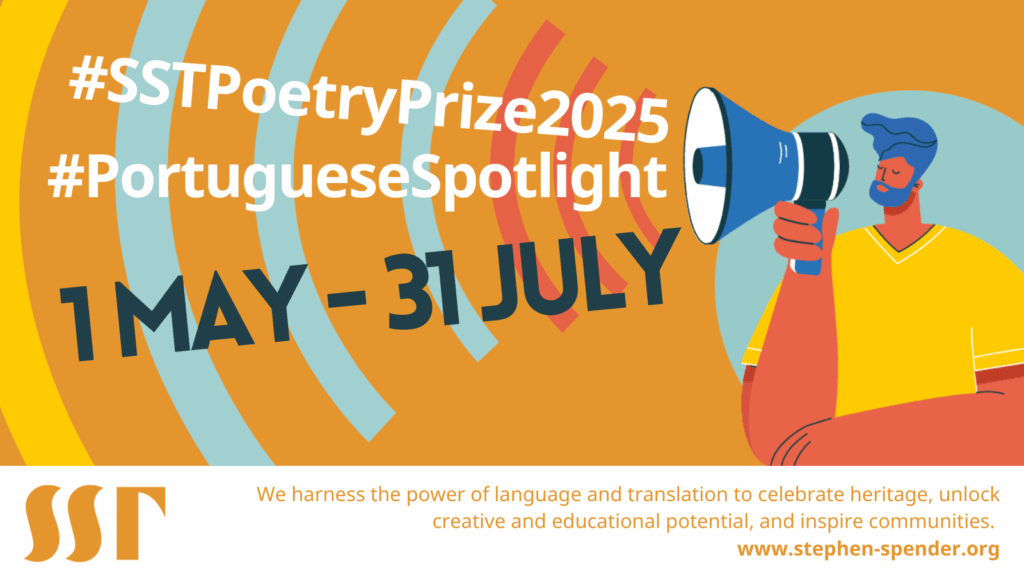We are delighted to publish the runner up entries for this year’s French Flash Fiction competition! We’ll be publishing the runner up entries for Spanish, as well as the highly commended entries for both languages in each age category over the coming weeks.
Years 7-9 runners up
Arc et Triomphe
Sous l’énorme paysage de Paris habitent beaucoup de gentils trolls. Ils savent que le soleil est mauvais pour les trolls. Ils ne peuvent sortir que la nuit.
Il y a deux trolls qui sont frères. Ils s’appellent Arc et Triomphe. Ils écoutent un crie. Ils quittent la cave pour aider. Il y a une personne qui est blessée. C’est le matin et les trolls se réalisent leur erreur. Ils ont peur et se lèvent les bras et se tiennent la main.
Leurs têtes fondent et leurs corps se transforment en pierre. Ici se trouve l’Arc de Triomphe.
– Christian Thomas, Year 7
“courir comme une fille”
Mes poumons brûlent et je sanglote à chaque respiration haletante. À chaque pas, mes pieds me brûlent davantage. J’ai envie de m’arrêter, d’abandonner et d’accepter mon destin, mais je ne peux pas encore laisser la douce étreinte de la mort me priver d’adrénaline. Mes jambes me font mal et je trébuche tandis que le vent violent me fouette les cheveux. Le bruit de ses pas lourds derrière moi est ma seule motivation. J’ai envie de crier, mais je n’y arrive pas, seule la terreur me fait avancer. Voilà ce que signifie courir “comme une fille”.
– Poppy Simblet, Year 9
Years 10-11 runners up
L’Envol
Je suis né dans l’ombre, brisé, une
poussière sous les pieds des autres.
Ignoré, piétiné, anéanti. Puis un jour, le
vent m’a arraché. J’ai fendu l’air comme
une lame, frôlé les cimes, défi é les
tempêtes. Le monde, gigantesque et
sauvage, battait sous moi—un océan
d’énergie brute. Les tempêtes ont voulu
me briser, mais j’ai tourbillonné, libre et
indomptable. Plus haut. Plus loin. Les
doigts d’un enfant me frôlent,
tremblants. Il me regarde, souffle coupé,
comme si j’étais un miracle tombé du
ciel. Un souffle. Je disparais, m’élançant
vers l’inconnu. Je ne suis qu’une plume,
mais je défi e le ciel.
– Benedict Onalo, Year 11
C’est quoi un monstre?
Un monstre, c’est une chose
qui ravage les hameaux, les villages, les villes
qui incendie des forêts, massacre les humains, les animaux,
qui dévore sans cesse, crachant des nuages de fumée noire
qui couvrent les horizons,
qui infecte nos sources, nos ruisseaux, nos rivières, nos océans.
Un monstre, c’est une chose
qui tourne en rond, en ne pensant qu’à eux-mêmes dans un monde impitoyable,
qui ne sapitoie que sur eux-mêmes.
Un monstre, c’est une chose qui gãche, qui pollve, qui vide les ressources, qui creuse, avi construit, qui detruit,
dans un cerole perpétuel.
Les monstres,
c’est nous.
– Arthur Mourot, Year 10
Years 12-13 runners up
Le vieux piano est encore intact, ses touches d’ivoire ternies par la poussière. Elle les parcourt, se rappelant comment les doigts de sa mère y dansaient, remplissant les après-midi de Chopin et de rires. La maison, autrefois vibrante de musique et de chaleur, semble caverneuse, ses échos rappelant l’absence plutôt que la présence. Elle a appuyer sur une touche, mais la note a vacillé, fragile et incomplète. Le chagrin gonfle dans sa gorge. Elle s’est rendue compte que certaines choses ne peuvent pas être jouées deux fois de la même manière. Certaines mélodies se terminent avant que nous soyons prêts.
– Nini Ren, Year 12
Qu’ils boivent du thé!
«Monsieur le Premier ministre, est-il vrai que votre gouvernement a dépensé cinq millions de livres en biscuits l’année dernière?»
Silence.
La majorité des questions de ce soir concernaient les sujets habituels: l’inflation, le chômage… Ces questions n’étaient pas des plus agréables, mais la paperasserie a été utile. Ils n’auraient pas pu connaître cet accord! L’économie dépendante du thé est chancelante. Les gens pouvaient à peine rassembler une pitance, mais l’accord est suffisant pour servir des scones pour toute la nation.
«La démocratie repose sur le thé, et le thé nécessite des biscuits». Il soulève sa tasse à thé lentement
– Ka Kin Andreas Lam, Year 12
Félicitations tout le monde!




















